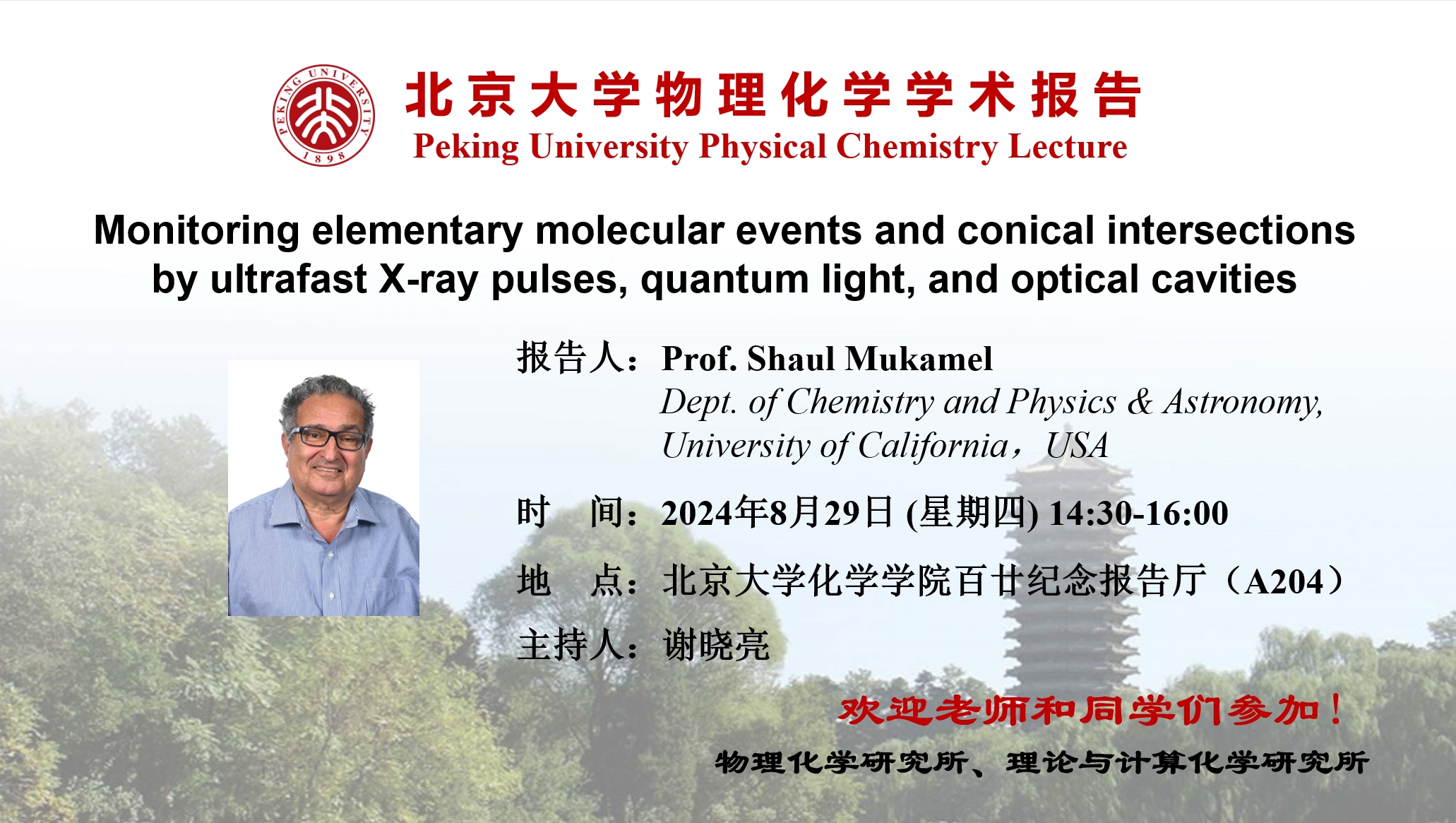
Abstract
Novel X-ray pulse sources from free-electron lasers and high-harmonic generation setups enable the monitoring of elementary events molecular such as the ultrafast passage through conical intersections on unprecedented temporal, spatial and energetic scales. The attosecond duration of X-ray pulses, their large bandwidth, and the atomic selectivity of core X-ray excitations offer new windows into photochemical processes. We show how the Orbital Angular Momentum of twisted X-ray light can be leveraged to detect vibronic coherences and time evolving chirality emerging at conical intersections due to the bifurcation of molecular wavepackets. Employing quantum light in multidimensional spectroscopy is opening up many exciting opportunities to enhance the signal-to-noise ratio, improve the combined temporal, spatial, and spectral resolutions, and simplify nonlinear optical signals by selecting desired transition pathways in second and third order signals. We show how photoelectron signals generated by time-energy entangled photon pairs can monitor ultrafast excited state dynamics of molecules with high joint spectral and temporal resolutions, not subjected to the Fourier uncertainty limitation of classical light. Two-entangled-photon absorption scales linearly with the pump intensity, allowing the study of fragile biological samples with low photon fluxes, and quantum interferometry can enhance the signals. Optical cavities provide another means for controlling the photophysics of molecules by making use of strong light–matter coupling without employing strong external laser pulses. A quantum dynamical study of charge migration in molecules in an optical cavity demonstrates how to trigger and manipulate charge migration pathways that are originally inactivated or suppressed in the bare molecule.
Biography
Shaul Mukamel, a Distinguished Professor of Chemistry and Physics & Astronomy at the University of California, Irvine, had received his Ph.D. in 1976 from Tel Aviv University and held faculty positions at Rice University, the Weizmann Institute, and the University of Rochester. His research interests focus on the design of novel ultrafast multidimensional-coherent-optical spectroscopies for probing and controlling electronic and vibrational molecular dynamics in the condensed phase. His recent work involves investigating how to use novel X-ray pulses, quantum light, and entangled photons in spectroscopy. He is the author of over 1000 publications and the textbook "Principles of Nonlinear Optical Spectroscopy (1995). He is a Fellow of the American Physical Society , the Optical Society of America and an elected member of the American Academy of Arts & Sciences, the National Academy of Sciences, and the Indian National Science Academy . His recent awards include the Ahmed Zewail ACS Award in Ultrafast Science and Technology (2015), the Coblentz Society ABB Sponsored Bomem-Michelson Award (2016), the OSA William F. Meggers Award (2017), Honorary Ph.D., University of Chicago (2017), Joseph O. Hirschfelder Prize in Theoretical Chemistry, University of Wisconsin-Madison (2019), Arthur L. Schawlow Prize in Laser Science, (APS) (2020), and Elected Fellow of the Hagler Institute of Advanced Studies, Texas A&M University (2020).